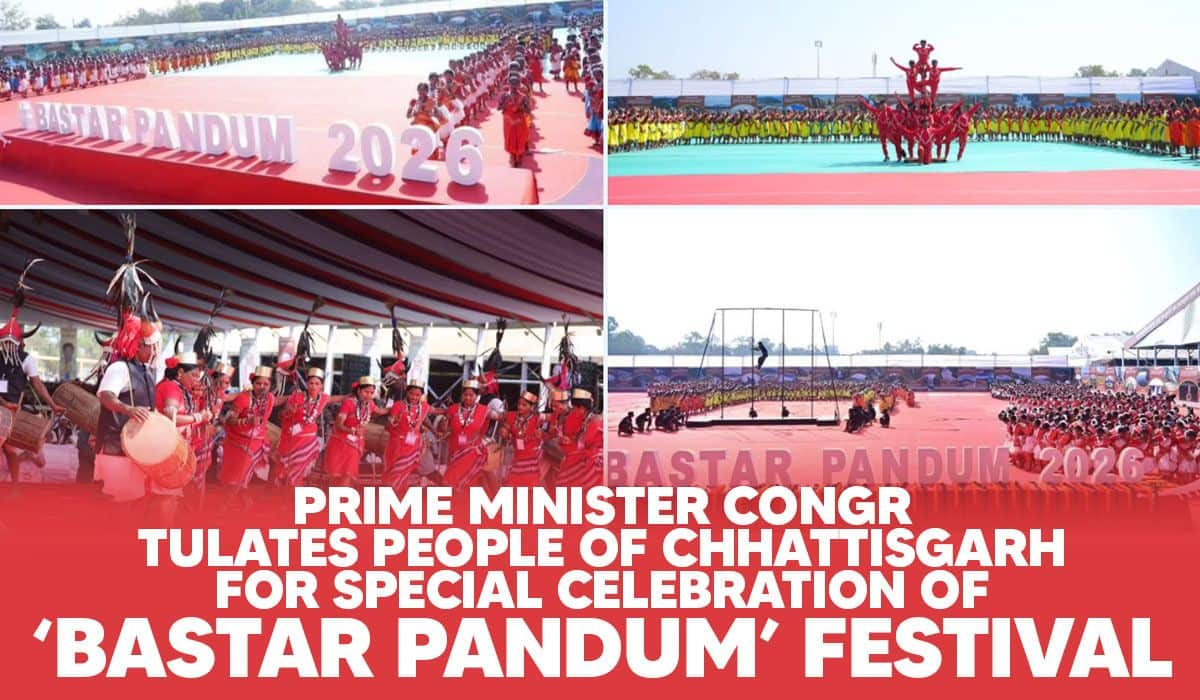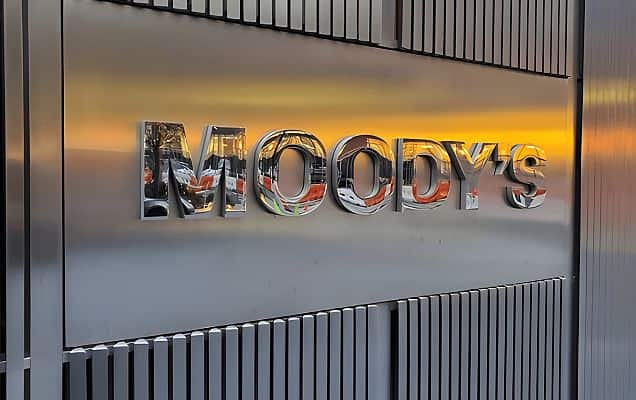Smriti Van in memory of Govind Guru dedicated by Chief Minister
Gujarat will celebrate centenary of Guru Govind’s freedom movement next year
Gujarat Chief Minister Narendra Modi launches 63rd State Van Mahotsav at Mangarh Hill in Panchmahals
CM pays rich tribute to unknown tribal martyrs
1507 trees were planted to commemorate the martyrdom of 1507 tribal martyrs
Gujarat Chief Minister Narendra Modi has announced that Gujarat would celebrate Centenary of the tribal reformist Govind Guru’s freedom movement against British Rule, that was started in 1913 AD in this hilly terrain of Mangarh Hills in Panchmahals district..
Chief Minister said, we have adopted a novel concept by connecting Van Mahotsavs, not only with forest and environment but also with cultural heritage and people’s faith to make this event a permenant memory for society.With the formation of Govind Guru Smriti Van the memory of martyrdom of tribal martyrs would be remembered for ever, he added.

Shri. Narendra Modi launched 63rd State Van Mahotsav from Mangarh Hill, bordering Rajasthan, on Monday, where 1500 odd tribal martyrs were killed by British Rulers, in Santrampur taluka of tribal dominated Panchmahals district. Thousands of tribal people gathered to give ribute to their beloved martyrs.
He announced to provide two lakh accomodations to tribals living below poverty line by december, 2012. We have opened Science strem Higher secondary schools in 45 tribal dominated talukas, he added. Gujarat Government has, so far, allocated Rs.40 thousand crore for development of tribal people under ambitious Van Bandhu Kalyaan Yojna.
Chief Minister felicitated Late Govind Guru’s grand son Mangiri Maharaj. He also awarded villages and taluka office bearers for their contributions in afforestation. Forest officials were felicitated with “Van Pandit” award by the CM. He also released books published by forest department. Shri. Modi was honoured by hundreds of tribal folks.
Chief Minister said, Govind Guru was a social and religious reformist, who tried hard to change and improve the lives of tribal people and made them, refrained from social evils. He united them to fight against injustice and exploitation from British Rulers.. 1507 tribal people sacrificed their lives for Govind Guru’s principles at this holy place, he added.

Coming down heavily on Centre for encouraging meat export policy, that would lead to slaughter of cow breeds, he said. The Chief Minister has earlier announced to launch State level Van Mahotsav from this historic place to commemorate the martyrdom of these unknown tribal freedom fighters who were disciples of Govind Guru. Significantly, last year’s state Level Van Mahotsav was also kicked off at Pavagarh in Panchmahals district.
Madhya Pradesh Home Minister Umashanker Gupta, Forest Minister Mangubhai Patel, State Forest minister Kiritsinh Rana, MP Purushottam Rupala also spoke on the occassion. Minister for Social Justice and Empowerment Fakirbhai Vaghela, MOS Tribal development Jashvantsinh Bhabhor, Minister Jaidrathsinh Parmar, MP from Rajasthan OM Mathur were also present. Forest and environment secretary S. K. Nanda delivered welcome speech.
A Govind Guru Smriti Van with 1,507 trees was dedicated by Shri. Narendra Modi at Mangarh in the memory of Govind Guru who worked for the social and economic uplift of Bhils and other tribal living in the region bordering Rajasthan and Madhya Pradesh. In all, 1,507 tribal people were killed in the freedom struggle against the British in 1913. Gujarat Government plans to develop Mangarh as a pilgrimage centre and as a place of tourist interest too.
Even as tribal people know the importance of trees, nearly 30,000 saplings have been planted earlier too, in clusters named Nakshatra Van, Rashi Van, Tulsi Van.
The Smriti Van is in the series of several clusters of forest, set up by Gujarat Government over the last decade, called ‘Sanskritik Van’, namely Punit Van at Gandhinagar, Mangalya Van at Ambaji, Teerthankar Van at Taranga Teerth, Hairhar Van at Somnath, Bhakti Van at Chotila, Shyamal Van at Shamlaji, Pavak Van at Palitana and Virasat Van at Pavagadh.














